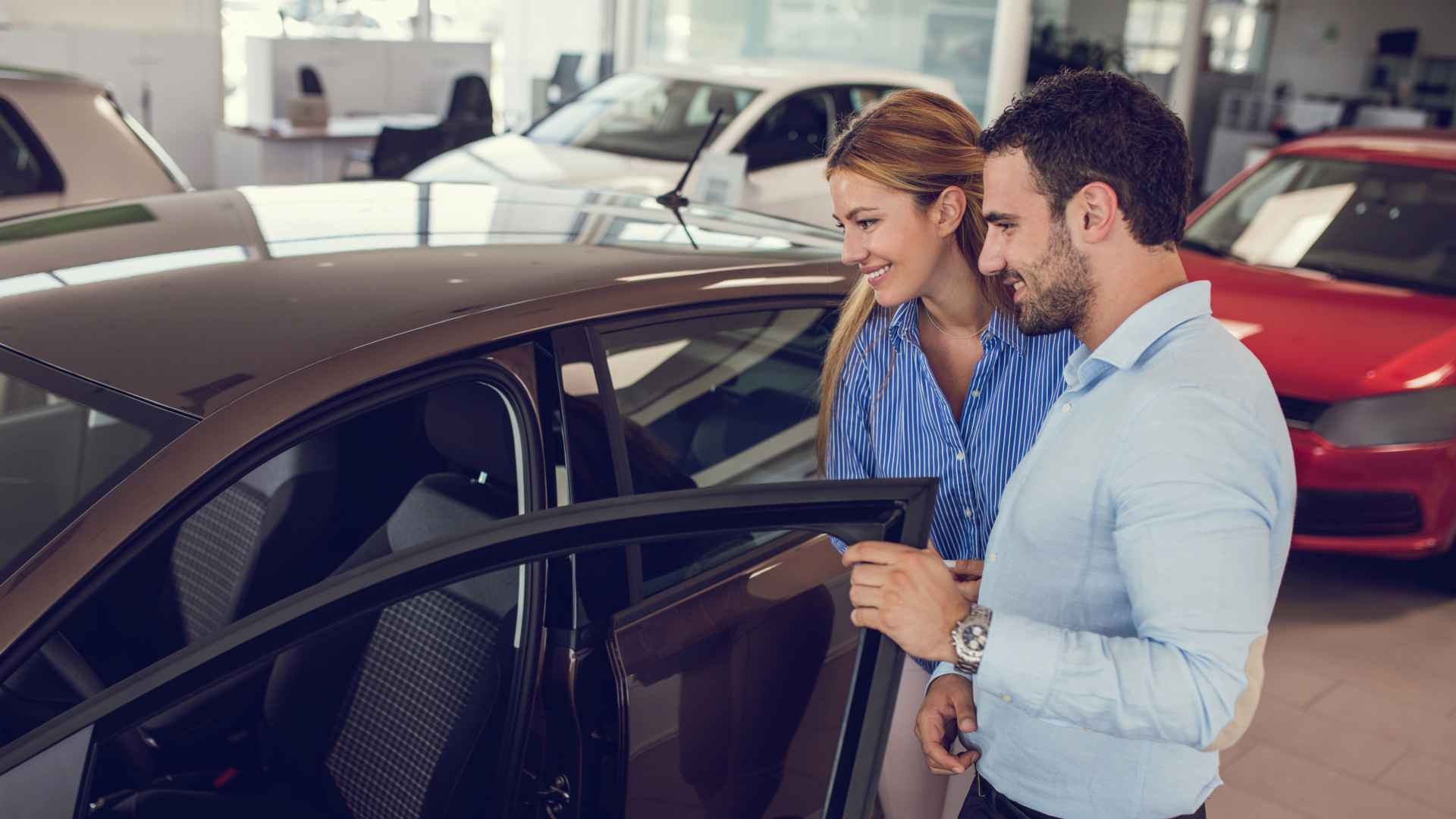The decision between buying a new or used car often comes down to price, but experts say there are specific situations where investing in a new vehicle is the financially and practically smarter move. While used cars can offer immediate savings, overlooking long-term costs, financing options, or crucial features can backfire. Here’s a breakdown of when skipping the used lot and going new makes sense.
Controlling Maintenance Costs
One of the biggest advantages of a new car is predictable maintenance. You start with a clean slate, knowing exactly when services are due and avoiding the hidden issues that often plague used vehicles. This control minimizes unexpected repair bills. According to AAA, average annual car maintenance runs around $1,452, but new cars typically require fewer unscheduled repairs in their early years, shielding you from surprise expenses.
If you plan to keep the car long-term, buying new ensures reliability and predictable costs.
Leveraging Low-Interest Financing
Zero or low-interest financing deals on new cars can be game-changers. Many manufacturers offer attractive incentives unavailable on used vehicles. While new cars depreciate, a 0% APR loan can result in lower monthly payments than a used car with a higher interest rate.
Zach Shefska, CEO of CarEdge, notes that manufacturer incentives are sweetening the deal, with lease offers and cash incentives that simply aren’t available on the used market.
Prioritizing Safety and Technology
New cars come equipped with the latest safety and driver-assistance features, such as adaptive cruise control, lane-keeping assist, and automatic emergency braking. These technologies significantly reduce accident risk. The Insurance Institute for Highway Safety found that combining forward collision warning and automatic emergency braking cuts rear-end crash rates in half.
Investing in these features upfront can save lives and potentially lower insurance costs.
Maximizing Business Tax Write-Offs
For business owners, a new vehicle can be a powerful tax deduction. The IRS allows businesses to deduct the full cost of vehicle ownership and operation, subject to certain limits.
Buying new maximizes this write-off, allowing you to manage maintenance proactively and keep your business vehicle in top condition. Melanie Musson, an auto industry expert, explains that a new car ensures a bigger write-off and the ability to maintain your business vehicle reliably.
Ultimately, the decision between new and used depends on your individual circumstances. However, when factoring in long-term costs, financing options, and safety features, a new car can be the smarter investment.
